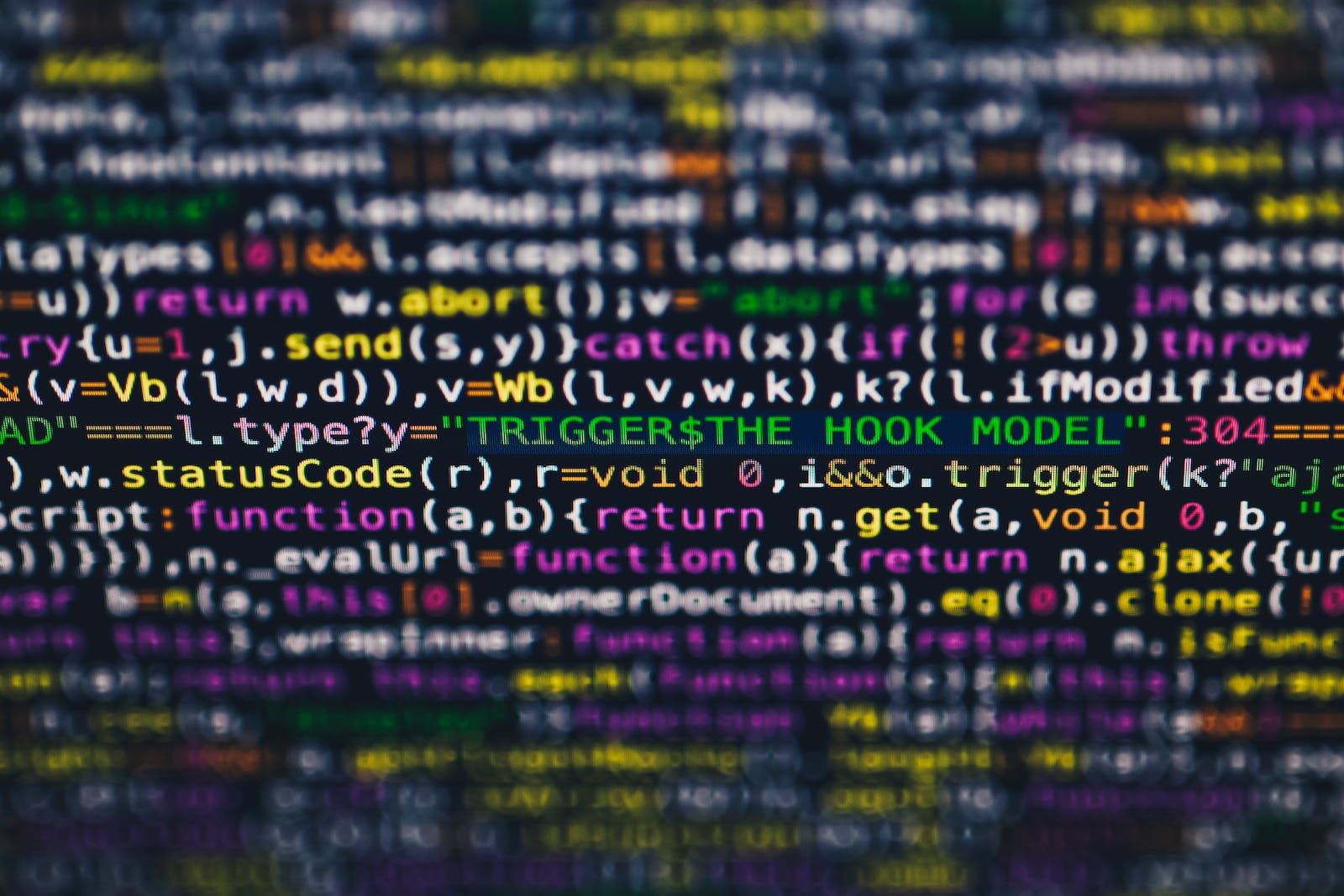What Future Innovations Can We Expect in AI-Driven Robotics?
AI-driven robotics continues to evolve, pushing the boundaries of what’s possible in automation, human-robot interaction, and autonomous capabilities. Several exciting innovations are poised to revolutionize the field in the near future.
Advanced Machine Learning and Adaptability
Future AI-driven robots will exhibit enhanced machine learning capabilities, enabling them to adapt and learn from experiences in dynamic environments. These robots will continuously improve their performance and decision-making through interaction and feedback.
Human-Robot Collaboration
Innovations in AI will foster closer collaboration between humans and robots. AI-driven robots will possess increased perception and understanding, enabling safer and more intuitive interactions with humans in shared workspaces.
Sensory and Perception Improvements
AI-powered robots will leverage advanced sensors and perception systems, allowing for better environment understanding, object recognition, and spatial awareness. Enhanced sensory capabilities will enable robots to navigate complex and unstructured environments more effectively.
Autonomous Navigation and Mobility
Future innovations will enhance robots’ autonomous navigation abilities. AI-driven robots will navigate crowded and dynamic environments, adapting their paths in real-time while ensuring safe and efficient movement.
Soft Robotics and Flexibility
Advancements in soft robotics will lead to more flexible and adaptable robot designs. Soft-bodied robots with AI-driven control systems will excel in tasks requiring dexterity, manipulation, and interaction with delicate objects or in unstructured environments.
Multi-Modal Interaction and Communication
AI-driven robots will communicate using various modalities, including speech, gestures, and visual cues, enabling more natural and intuitive human-robot interactions. This innovation will enhance robots’ ability to assist, understand, and respond to human needs.
Cognitive Capabilities and Decision-Making
Future robots will possess cognitive capabilities, including reasoning and decision-making skills. They’ll exhibit greater autonomy in handling complex tasks, adapting strategies, and making decisions in uncertain environments.
Ethical and Safety Considerations
As AI-driven robots become more integrated into society, advancements will focus on ensuring ethical behavior and safety protocols. Innovations will prioritize ethical decision-making, transparency, and safety features to foster trust and mitigate risks.
Application-Specific Innovations
AI-driven robotics will witness domain-specific innovations across industries, including healthcare, manufacturing, logistics, and space exploration. Tailored robots with specialized functionalities will drive efficiency and innovation in various sectors.
Conclusion: Paving the Way for AI-Enabled Robotics
The future of AI-driven robotics holds immense promise, with innovations centered on adaptive learning, human-robot collaboration, sensory enhancements, autonomous navigation, flexibility, communication, cognitive abilities, ethics, safety, and domain-specific applications. These advancements will redefine automation, transform industries, and revolutionize the way robots interact and collaborate with humans in diverse environments. As these innovations unfold, they’ll unlock unprecedented opportunities for innovation, efficiency, and problem-solving across numerous fields.
Author








